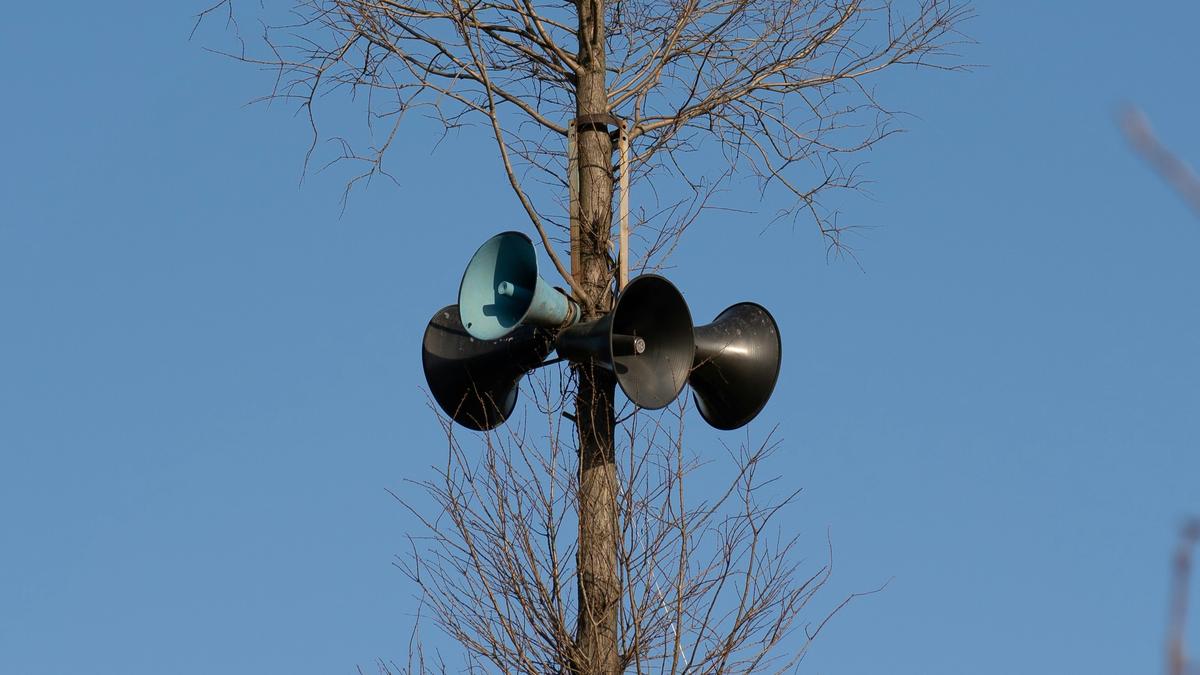Audible Enclaves

- 20 Mar 2025
Context:
Audible enclaves are highly localized zones of sound that remain undisturbed by ambient noise. These allow only specific individuals—usually within a defined space—to hear the sound, even in crowded or noisy environments.
Science Behind the Concept
- Nature of Sound:Sound travels as waves through a medium, causing its particles to vibrate back and forth.
- Frequency: The rate of this vibration determines the pitch of the sound.
- Higher frequency = Higher pitch.
- Diffraction: As sound propagates, it naturally spreads out. Higher-frequency waves tend to diverge more.
- Frequency: The rate of this vibration determines the pitch of the sound.
How Audible Enclaves are created
- Parametric Array Loudspeakers:These devices emit high-frequency ultrasonic waves modulated with an audio signal. As they move through air, the waves undergo self-demodulation, converting into audible sound in a narrow, focused beam. This beam is heard only by those directly in its path.
- Advanced Audible Enclaves (New Research – 2024):A study published in the Proceedings of the National Academy of Sciences (March 17, 2024) demonstrated a more precise technique:
- Two ultrasonic waves of slightly different frequencies are emitted.
- These are inaudible on their own.
- When they intersect, non-linear acoustic interactions occur at that point.
- This generates an audible sound wave only at the intersection point, creating an enclave audible only to nearby individuals.
Applications and Relevance
- Private Communication in public places.
- Augmented Reality and targeted advertising.
- Assistive technology for the hearing-impaired.
- Security and military operations, where discreet communication is required.
